The Role of Technology in Vietnam's Social Innovation
Technology, from simple tools to modern marvels, has been the instrument of our transformation. With the right technologies, countries have been able to resolve social innovation challenges standing in the way of their society’s growth.
One prime example is Vietnam. By embracing technology, Vietnam seeks to further cement its place as one of the most dynamic countries in Southeast Asia.
Like other emerging countries, Vietnam started with labour-intensive industries for jobs creation for its people. By embracing technology, Vietnam is looking to realise its potential as one of the most exciting countries in Southeast Asia. We look at three of Vietnam’s social innovation challenges and explore how Hitachi can work with the government to co-create a better future together.
Vietnam is home to
94million people
Vietnamese economy is
34 THLargest in the world
Vietnam’s GDP per capita is
US$ 6,925In terms of PPP
How Hitachi Co-Creates a Brighter Future for Vietnam
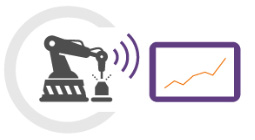
The Vietnamese government is looking to deploy loT technologies in industrial automation, which Hitachi has successfully implemented in Japan and Singapore
Read More
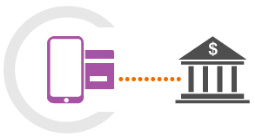
Hitachi is working with carious partners to offer non-cash payment services in Vietnam, which will enable online shopping payments
Read More
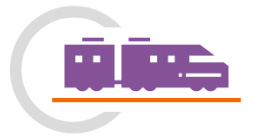
Hitachi has been tasked to deliver the first metro system for Ho Chi Minh City named Line 1, which will connect the centre of the city with its Northeast gateway
Read More
Manufacturing Sector in Need of Updates
Since 2000, Vietnam has transformed into a dynamic manufacturing hub in Southeast Asia, with electronic emerging as a spearhead of the sector.
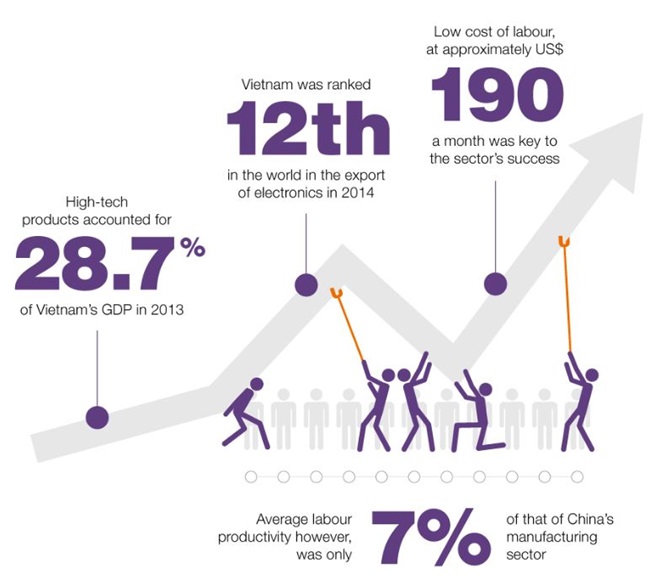
IoT, also known as the Internet of Things, uses smart sensors and big data analytics to enhance manufacturing efficiency and lower the cost of production. Coupled with robotics and automation, IoT can help by maximising production efficiency and reducing human errors.
As a champion of IoT, big data analytics and automation, Hitachi has successfully implemented these technologies in Japan, Singapore and other countries around the world.
Going Cashless to Boost E-Commerce
Vietnam is pursuing a policy to reduce cash transactions to less than 10% in all supermarkets, shopping malls and distributors by 2020.
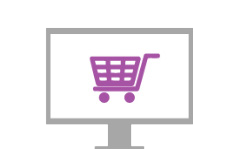
The e-commerce market in Vietnam was worth US$
400thousand in 2015
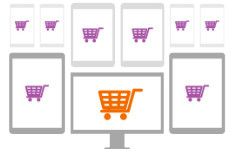
This market is expected to grow to US$
7.5billion in 2025
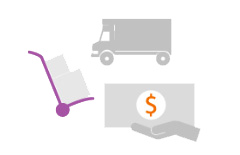
About
90%of online shopping are currently paid in cash at the time of delivery
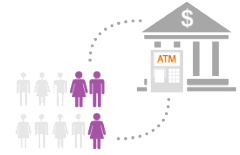
Only
30%of citizens own a bank account, making the cashless initiative an uphill challenge
Besides manufacturing, the government is also disrupting the finance sector by drastically reducing cash transactions and improving electronic payment methods.
They have announced a policy to reduce cash transactions to less than 10% of total transactions in supermarkets, shopping malls and distributors by 2020. It further requires 70% of Vietnamese over the age of 15 to own a bank account by the same time period.
One of the reasons for this policy lies in Vietnam’s e-commerce market. Worth US$400,000 in 2015, it was predicted to grow to US$7.5 billion in 2025. As of 2015, about 90% of Vietnam’s online orders were paid in cash at the time of delivery.
To help, Hitachi is working with various partners to offer non-cash payment services for online shopping, as well as cash transfers via mobile phone. There are plans to expand it to pay for Vietnam’s first subway, highly anticipated in the congested Ho Chi Minh City.
Stuck in Traffic Everyday in Ho Chi Minh City
Ho Chi Minh City is plagued by daily traffic congestions which costs it between US$820 million and US$1.2 billion a year.
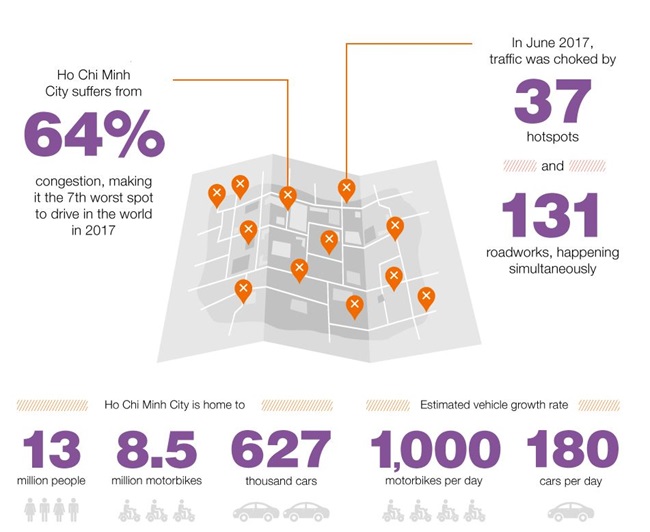
The authorities have been considering various options such as elevated roads, changing major streets into one-way streets and even banning private vehicles in downtown areas. The long term solution to this urbanisation challenge though, is an extensive metro system.
Hitachi has been tasked to deliver the first metro system for Ho Chi Minh City. Named Line 1, the metro will connect the centre of Ho Chi Minh City with its Northeast gateway in 2018. As the first of many, Line 1 will play a critical role in relieving the congestion in Ho Chi Minh City.
Release Date: February 2018


